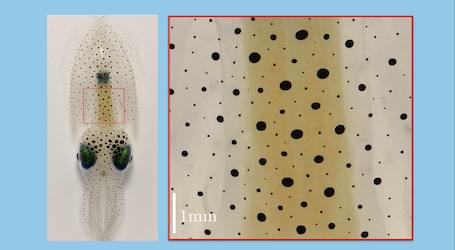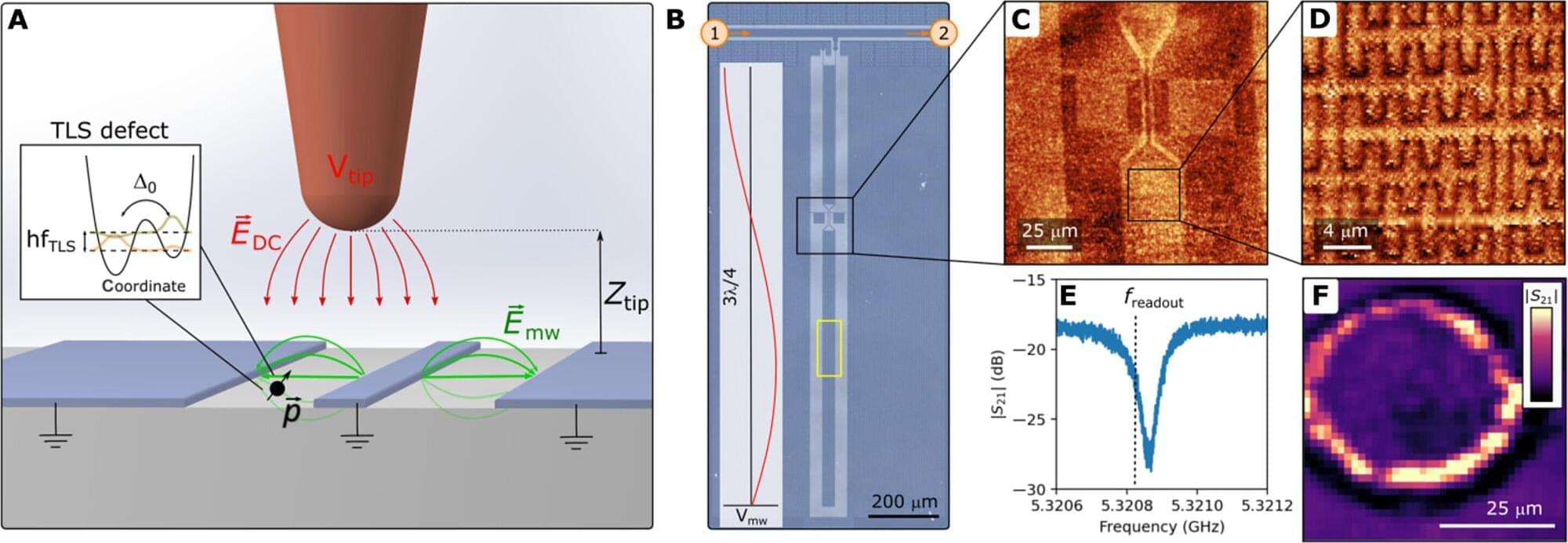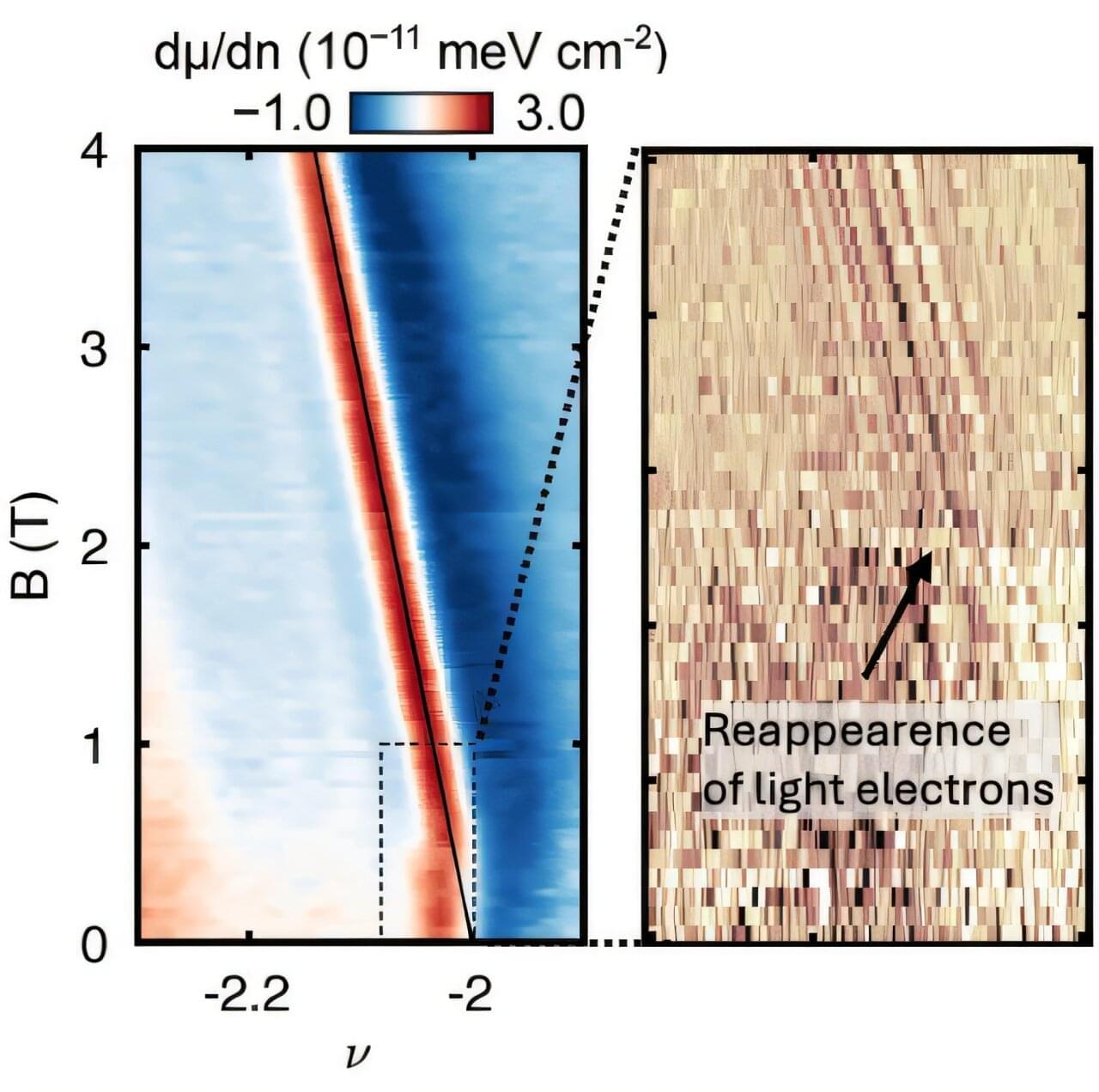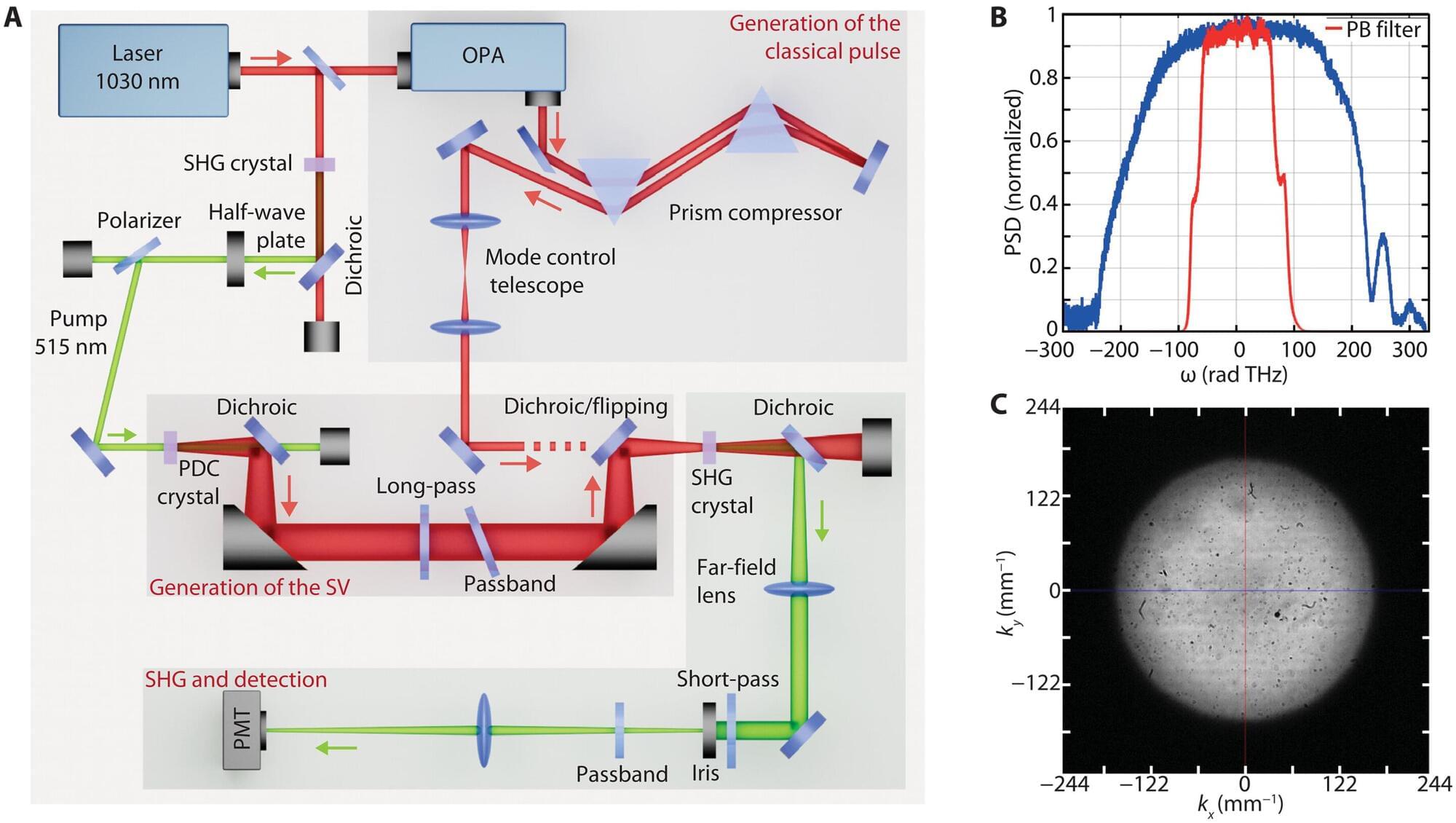Researchers from the Faculty of Physics at the University of Warsaw and the University of British Columbia have described how a so-called lone spinon—an exotic quantum excitation that is a single unpaired spin—can arise in magnetic models. The discovery deepens our understanding of the nature of magnetism and could have implications for the development of future technologies such as quantum computers and new magnetic materials. The work is published in Physical Review Letters.
Magnetism has been known to humanity since ancient times, when naturally magnetized magnetite was discovered. This finding soon found highly practical applications. The first compasses were created in the 11th century in China, and began to be used for navigation.
Today, magnets play an important role in many technologies that surround us, from computer memory and speakers to electric motors and medical diagnostics. Interestingly, alongside photography, magnets have also become a common souvenir of travel, occupying a prominent place in our homes.









